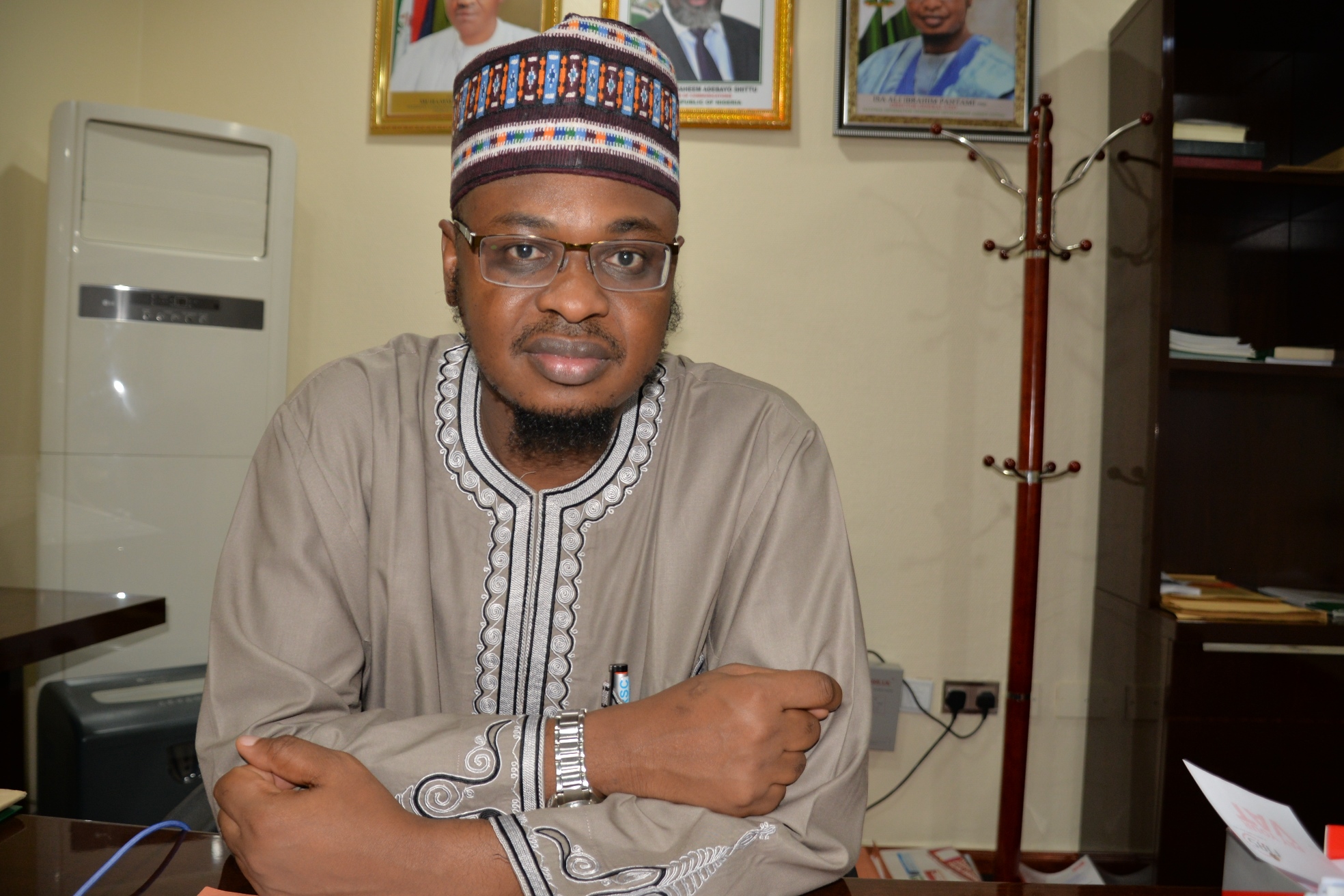What you should know about ministerial nominee: Isa Pantami
The ministerial nominee, Dr Isa Ali Ibrahim Pantami was born on October 20, 1972 in Pantami area of Gombe Division of the defunct Northeastern State to late Malama Amina Umar Aliyu and Malam Ali Ibrahim Pantami. He started his education in the traditional Islamic School for memorizing the Qur’an, called ‘Tsangaya School.’ He later joined […]

Dr Isa Ali Ibrahim Pantami
The ministerial nominee, Dr Isa Ali Ibrahim Pantami was born on October 20, 1972 in Pantami area of Gombe Division of the defunct Northeastern State to late Malama Amina Umar Aliyu and Malam Ali Ibrahim Pantami.
He started his education in the traditional Islamic School for memorizing the Qur’an, called ‘Tsangaya School.’ He later joined Pantami Primary School where he got his Primary School Certificate and also obtained his Senior School Certificate Examination (SSCE) from Government Science Secondary School, Gombe.
He proceeded to Abubakar Tafawa Balewa, University (ATBU), Bauchi and bagged a Bachelor of Technology degree in Computer Science in 2003 and a Masters degree in 2008, before obtaining a PhD from Robert Gordon University, Aberdeen, Scotland.
Sheikh Isa Ali Pantami, as he is popularly called, began his career at ATBU, Bauchi where he taught Information Technology before joining the Islamic University of Madinah as Head of Technical Writing in 2014.
In 2016, he left lecturing after he was appointed as the Director General/CEO of the National Information Technology Development Agency (NITDA) by President Muhammadu Buhari on September 26, 2016.
Dr Pantami is a fellow of both British Computer Society (FBCS) and Nigeria Computer Society (FNCS) in addition to many fellowships to his credit.
He is also an Islamic scholar and has been leading the Juma’ah prayer for over 20 years in Nigeria and the United Kingdom.
He serves as a member of Shari’ah Board of Jaiz Bank. He is also a Shurah member and Deputy Secretary General of the Supreme Council for Shari’ah (SCS) in Nigeria.
In 2008, he debated with the founder and leader of Boko Haram, late Mohammed Yusuf, on the Boko Haram ideology and Salafism.
